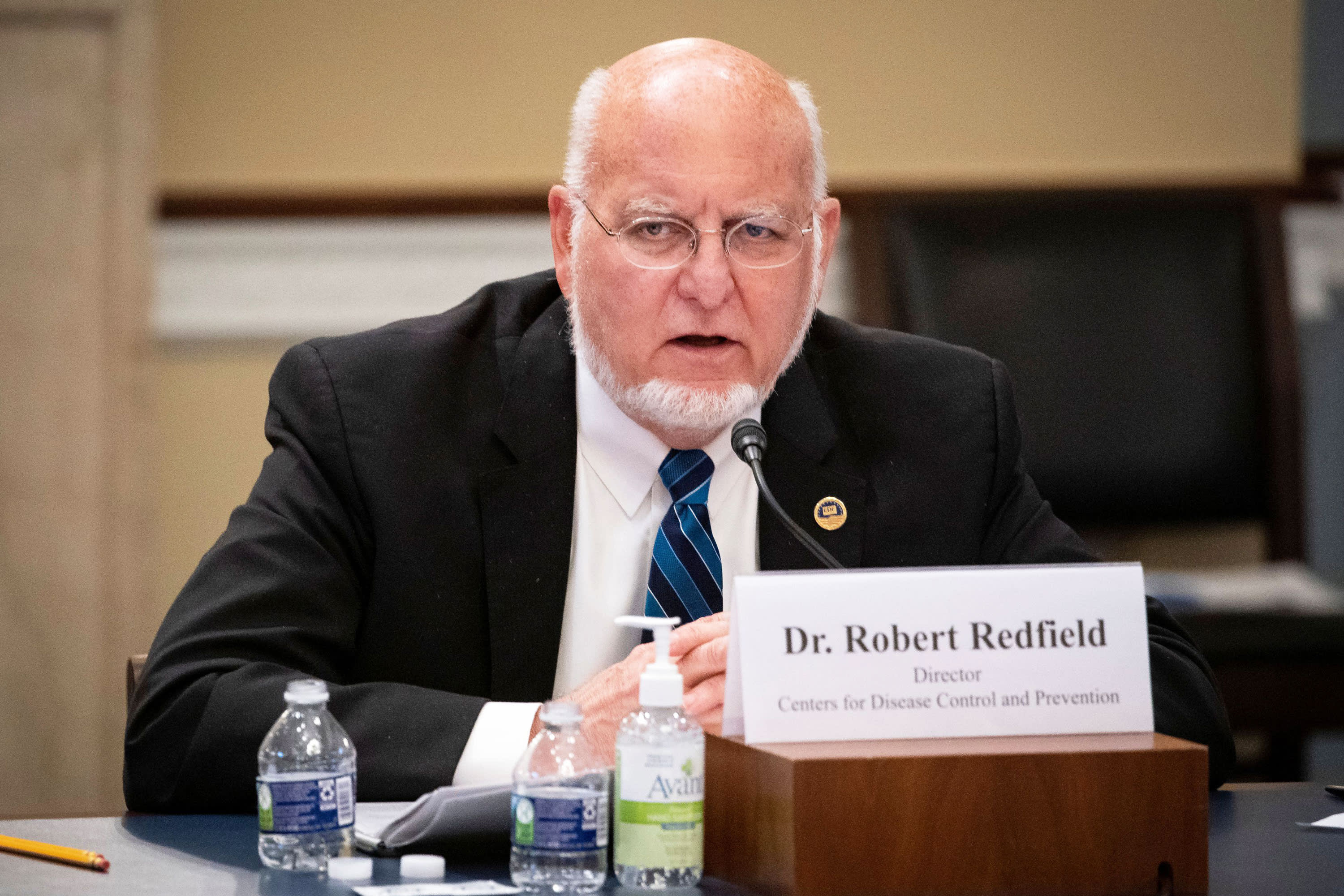
The Centers for Disease Control and Prevention are considering taking advantage of the social media platform TikTok to encourage more young Americans to practice public health precautions as coronavirus cases increase among younger people, authorities said Thursday. .
The data indicates that the new infections seen across the country “are targeting younger people,” CDC Director Dr. Robert Redfield said in a conference call with journalists. Redfield said that while youth face a lower risk of serious illness and death from Covid-19, a high infection rate among American youth increases the chances of infecting older people at risk.
Young people may not take the pandemic as seriously as older Americans, CDC Deputy Director of Infectious Diseases Jay Butler said in the call.
“We may need to get the message out that young people are somehow not naturally immune to this virus, although they may have a lower risk of serious infection,” he said. “Tools that can be used include social media. We are exploring TikTok.”
Operated by Beijing-based tech giant ByteDance, TikTok, it is a social media platform focused on short-form video. The application uses an algorithm to determine what type of videos a user likes and delivers them to a scrolling page. Organizations can also pay to place short video ads on user pages. The app has exploded in popularity, especially among young people, in recent years.
TikTok representatives were not immediately available to comment on whether CDC has been in contact about a public health campaign.
“That is something we are studying and I am old enough to have to stop and think about what a TikTok is, but I learned it in the last month,” added Butler. Beyond TikTok and other social media strategies, Butler said the CDC could issue public service announcements to urge Americans to practice physical distancing and wear a mask.
Multiple officials in states with expanding outbreaks have attributed the increase in cases to youth not practicing social distancing in over-capacity bars. In Florida, the average age of an infected person has continued to decrease in recent weeks. On Wednesday, the state reported that the average age of patients was 33, compared to those over 65 in March.
Florida Republican Governor Ron DeSantis has cited the decrease in the average age of patients as evidence that the state is effectively protecting its most vulnerable residents. However, White House coronavirus adviser Dr. Anthony Fauci warned Tuesday that scientists are seeing “more and more” complications with Covid-19 in young people.
Both DeSantis and Texas Governor Greg Abbott have attributed increasing cases in their states to young people who do not practice social distancing, especially in bars.
While young people infected with the coronavirus who are otherwise healthy are less likely to die or be hospitalized than older people, “there is some risk of serious illness, even among younger people,” Butler said. Scientists are also investigating the long-term health effects of becoming infected with the coronavirus, which could lead to quality-of-life problems for young patients later in life.
Now, as the virus continues to spread widely among younger people, putting many people across the country at risk and delaying the country’s response to the pandemic, Redfield recognized that public health messages must be more effective.
“While the impact and consequences of Covid infection on them may not be highly associated with hospitalization and death, they do act as a transmission connector for people who may actually be at higher risk,” Redfield said of Young. “I remain concerned about trying to understand the effective public health messages we need to reach people under the age of 45, under the age of 30.”
Some public health officials have expressed frustration that the CDC remained largely silent throughout March and April as the virus took hold, primarily in New York and the Northeast. It wasn’t until June that the CDC resumed regular briefings after a parenthesis that began in March.
Dr. Ashish Jha, director of the Harvard Institute of Global Health, for example, wrote in an opinion piece in April that “the CDC has been inexplicably absent and Americans are suffering and dying from it.”
.